Hypergoat Coffee Roasters
Ethiopia Guji- Light Roast Heirloom Varieties, Whole Beans
Ethiopia Guji- Light Roast Heirloom Varieties, Whole Beans
Couldn't load pickup availability
Origin: Kayon Mountain Farm, Guji
Cultivar: Indigenous heirloom varieties
Process: Natural
Roast Level: Light
Taste profile: peach, chocolate, toffee
Grown at Kayon Mountain Farm, this coffee reflects the sustainable care of Ismael Hassen Aredo and his family. Using shade-grown methods and natural compost, the farm produces both Natural and Washed coffees.
Toffee, fresh stone fruit, and chocolate notes with vibrant tart acidity and a sweet, fruity finish.
Share
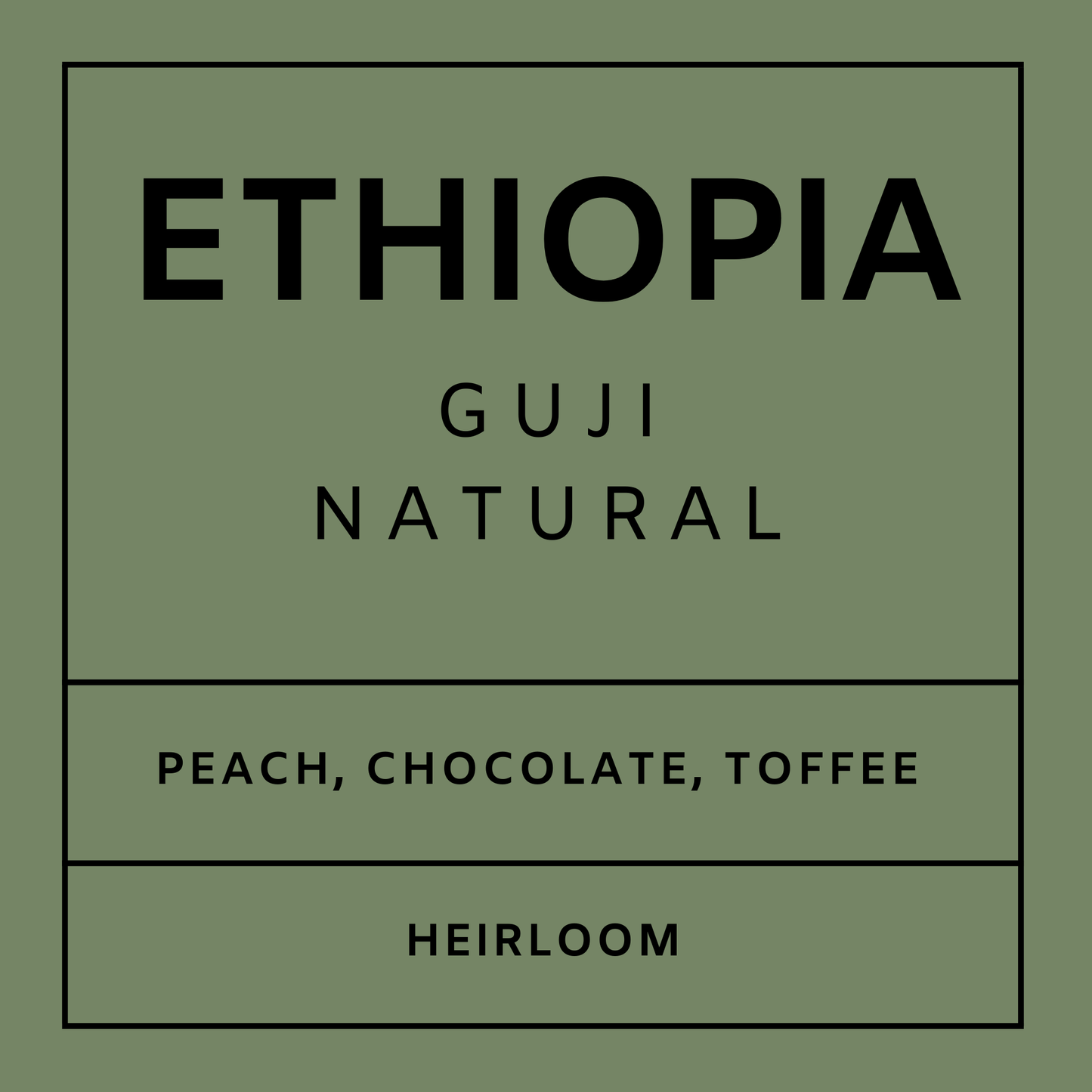
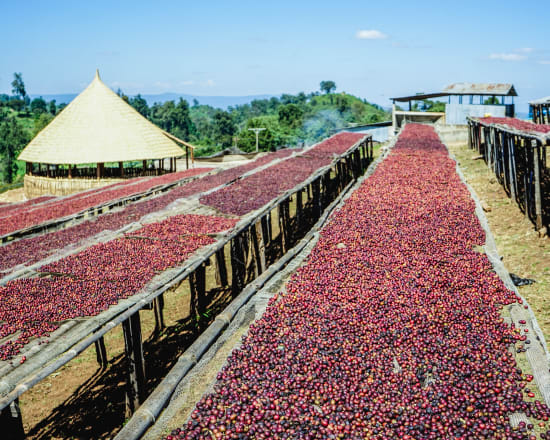
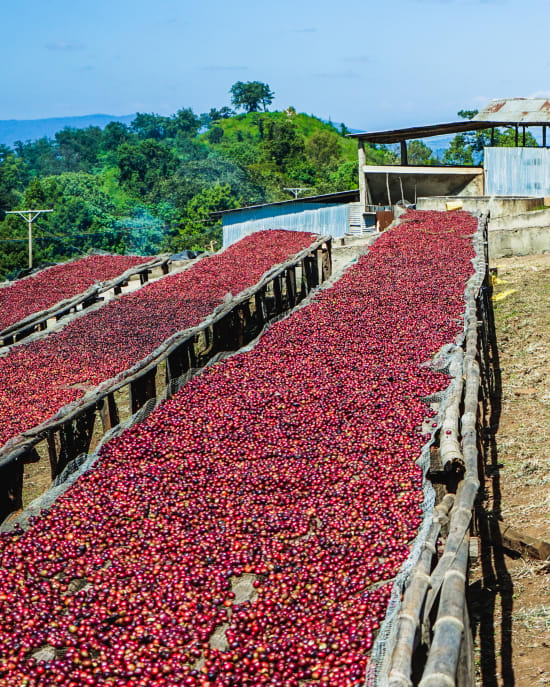
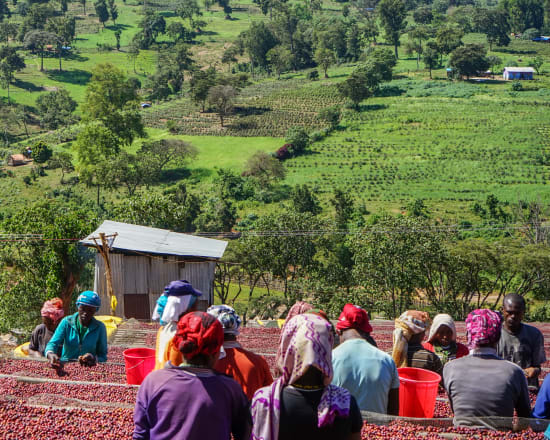
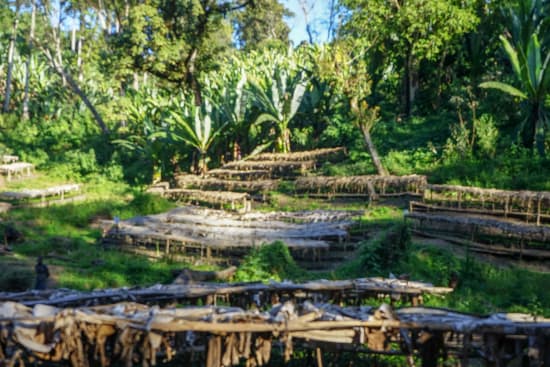
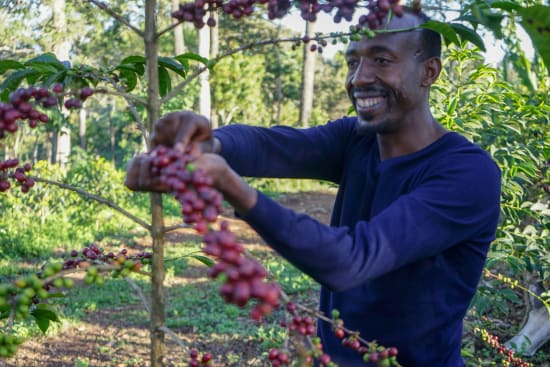
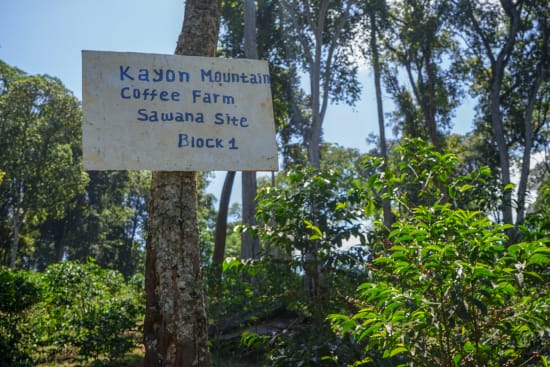
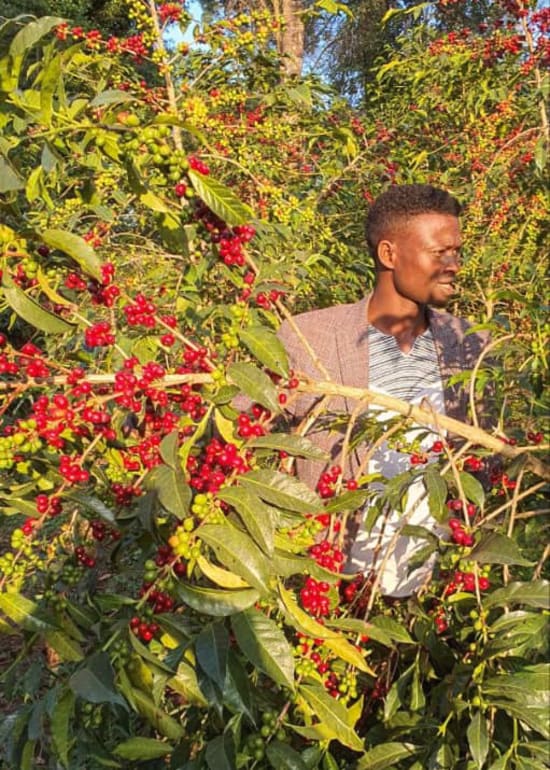
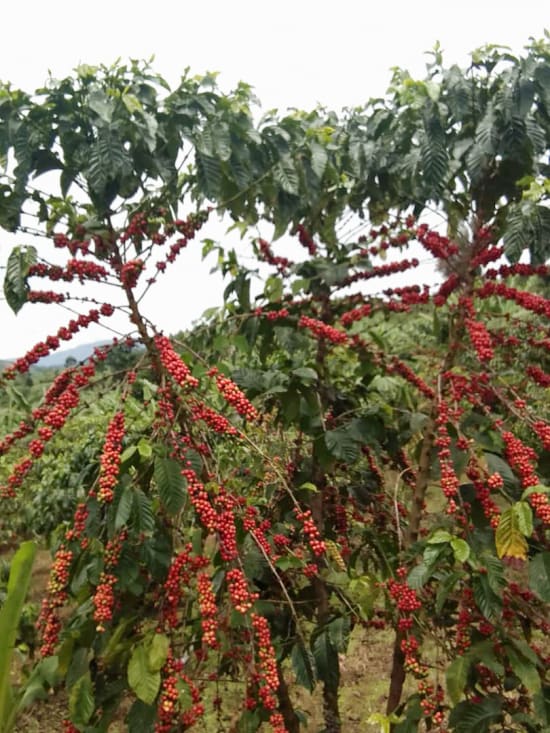
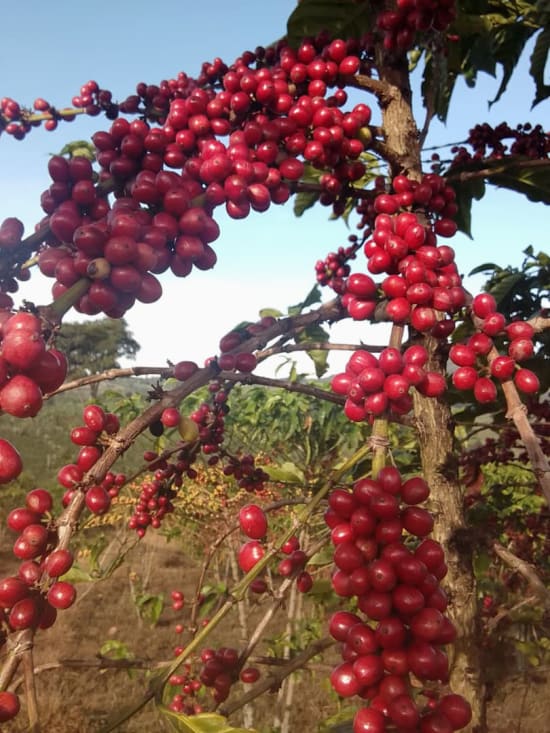
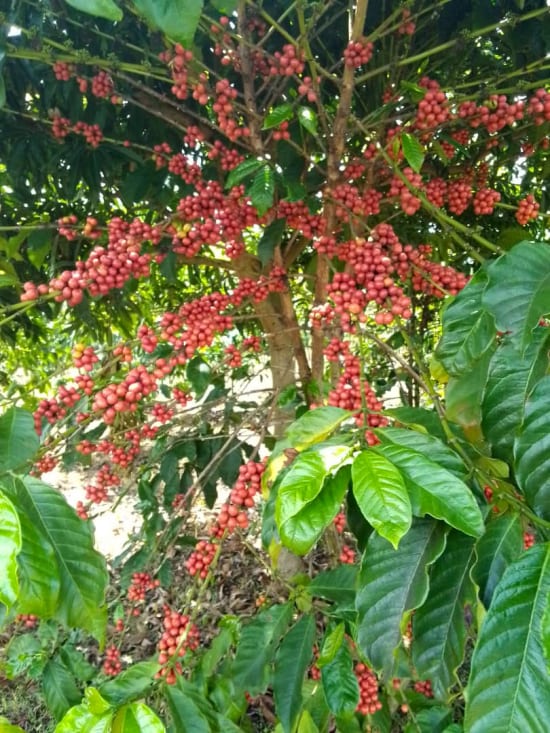
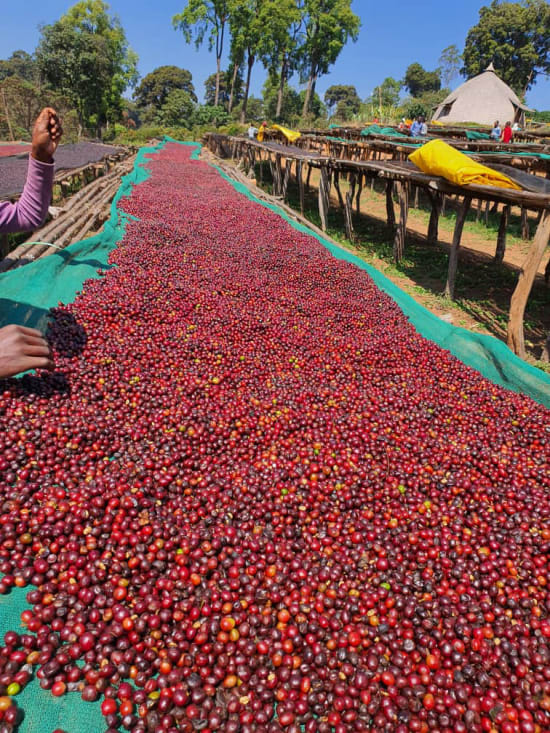
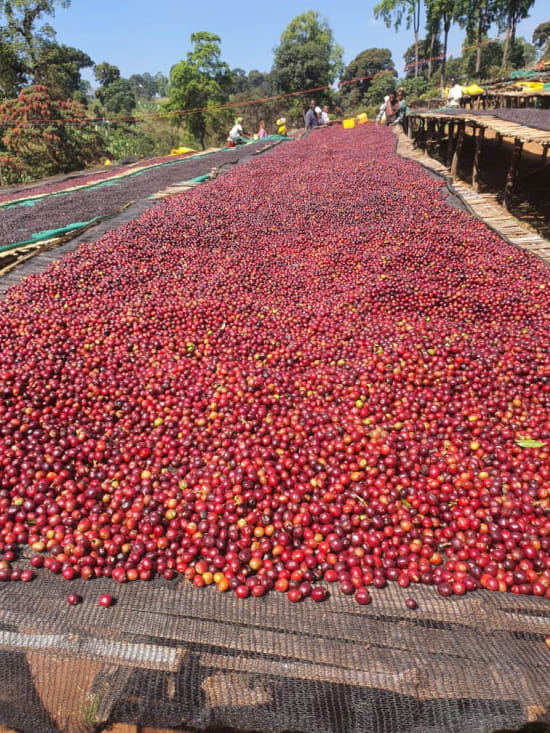
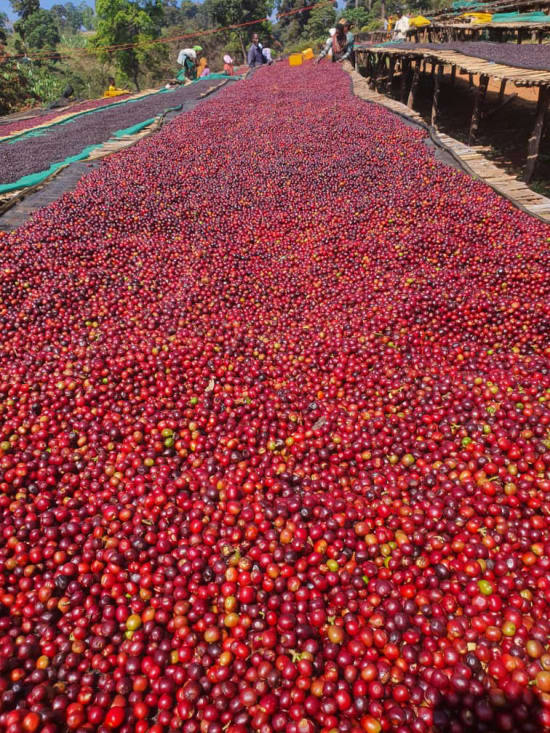
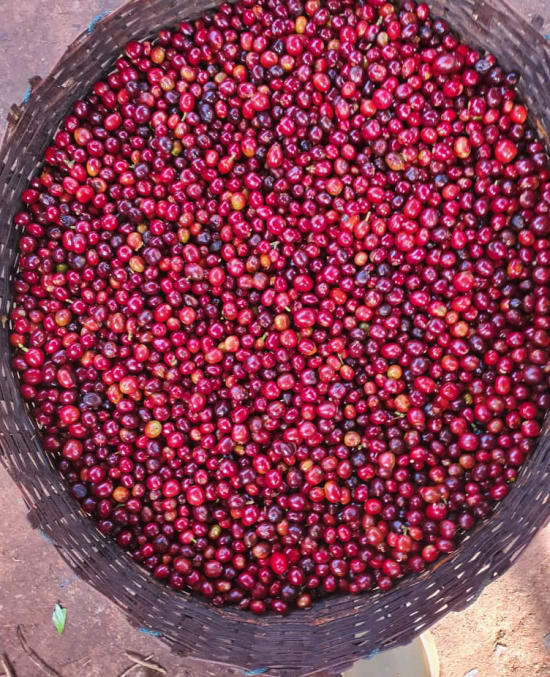
Coffee background
Learn more about this coffee origins.
Straight from the source
Toffee, fresh stone fruit, and chocolate notes with vibrant tart acidity and a sweet, fruity finish.
Grown at Kayon Mountain Farm, this coffee reflects the sustainable care of Ismael Hassen Aredo and his family. Using shade-grown methods and natural compost, the farm produces both Natural and Washed coffees.














